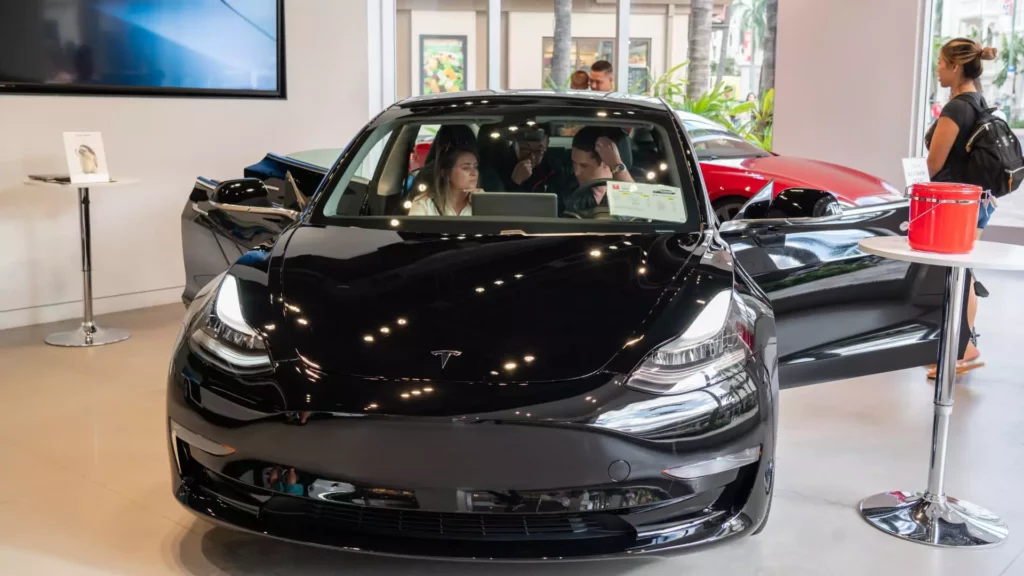![]()
Despite the slow uptake of electric vehicles (EVs) by U.S. consumers, Hawaii has emerged as a standout leader in this space. According to J.D. Power, Hawaii ranks fifth in overall EV adoption, with 11.9% of new retail vehicles being EVs. Additionally, the state is third in J.D. Power’s “EV Adoption Score,” trailing only California and Washington. Elizabeth Krear, vice president of the electric vehicle practice at J.D. Power, emphasizes the importance of availability in driving adoption rates. She notes that when consumers are presented with viable EV options, as is the case in Hawaii, a significant portion choose to make the switch.
Ivan Drury, director of insights at Edmunds and a Hawaii resident, highlights several key factors that have fueled the adoption of EVs in the state. One such factor is the high cost of fuel in Hawaii, which incentivizes consumers to explore alternative transportation options. Additionally, the availability of renewable energy sources for charging EVs has made the transition more feasible for residents. Drury also points to Hawaii’s culture, specifically its strong sense of stewardship for the land, as a driving force behind the shift towards EVs.
Challenges and Opportunities
While Hawaii has made significant strides in EV adoption, there are still challenges to overcome. Like many other states, Hawaii faces issues such as limited charging infrastructure, affordability concerns, and a lack of diverse vehicle options. Despite these obstacles, there is growing interest in EVs among consumers. Russell Wong, regional vice president of Aloha Kia, notes that while EVs currently account for a small percentage of sales, interest in these vehicles is on the rise. As new EV models enter the market, such as Kia’s EV9 SUV, the landscape of electric transportation in Hawaii is expected to evolve.
The cost of purchasing an EV in Hawaii remains a barrier for many consumers. According to Edmunds, the average price for an EV from a franchised dealer in Hawaii exceeds $62,600. While this figure marks a slight decrease from previous years, it still surpasses the average vehicle price in the state by a significant margin. High prices are a national trend as well, with upper-income Americans leading the charge in EV ownership. Despite the cost constraints, there is a clear divide in adoption rates between those who can afford EVs and those who cannot.
As Hawaii continues to embrace electric vehicles, there is a need for ongoing infrastructure development and affordability improvements to support widespread adoption. While EVs offer an environmentally friendly alternative to traditional gas-powered vehicles, addressing cost barriers and expanding charging options will be crucial in driving further adoption. With the state’s unique blend of cultural, economic, and environmental factors, Hawaii is poised to remain a leader in the transition to electric transportation.

Leave a Reply